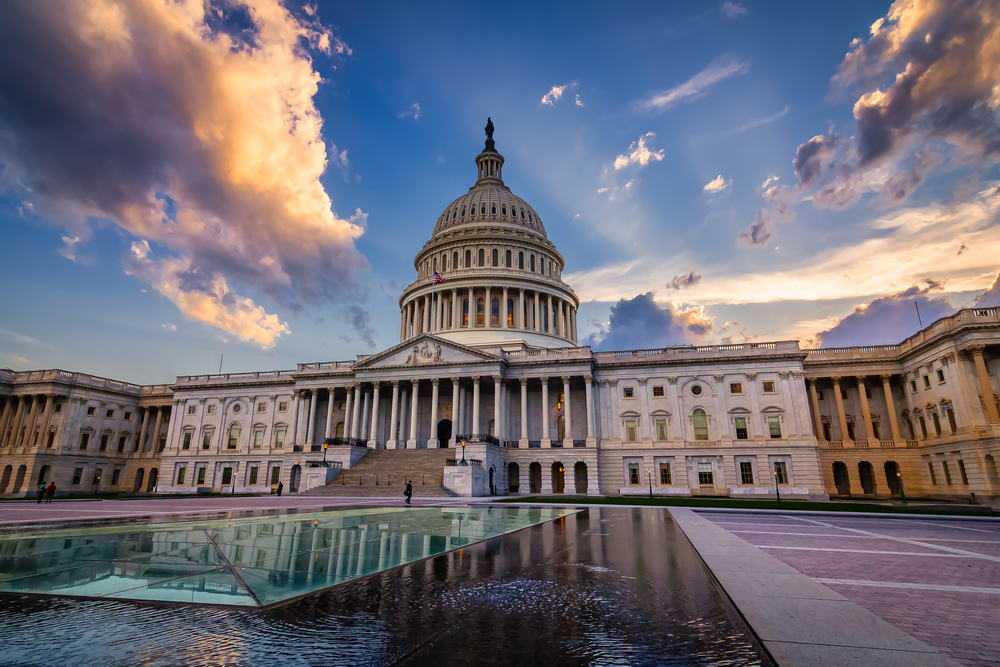When Congress convened this past January (2023), there was plenty of optimism about the Secure and Fair Enforcement (SAFE) Banking Act quickly getting through committee, heading to the floor for a vote, and ultimately being sent on for the president’s signature. As the summer session is quickly coming to an end though, it’s the same old story for SAFE.
There is still time to get the bill to the floor for a full Senate vote, but that window is rapidly closing. The bill needs to clear committee markup before the entire Senate gets a crack at it. Yet the chances of that happening are getting slimmer by the day.
So, what is the problem? That depends on who you choose to believe. The Democrats say it is a good bill that stubborn Republicans are just refusing to support in large enough numbers. The Republicans claim they agreed to pass a bill that their Democratic colleagues are now trying to change with markups.
Working the Way It’s Supposed To
Years-long problems with the SAFE Banking Act have a lot of people understandably frustrated. To the general public, passing a bill that seems so simple shouldn’t be a major accomplishment. But the truth is that the Senate is working the way it’s supposed to work. And when it does, legislation has a tough time making its way through.
The U.S. House of Representatives is frequently called ‘the people’s house’ because its makeup and procedures more closely align with the principles of direct democracy. On the other hand, the Senate’s makeup and rules are more aligned with the representative republic concept. Deliberation is supposed to be more thoughtful in the Senate. Bills should not be able to get a rubberstamp without deliberation.
Without the Senate doing its job, America would be subject to mob rule. But mob rule isn’t good for any country. In fact, that’s the very reason our founding fathers established the dual-chamber system for Congress along with executive and judicial branches – all subject to separate powers and jurisdictions.
A Clean Bill Would Probably Pass
Congress has been working on the SAFE Banking Act for many, many years. The legislation typically sails through the House but stalls in the Senate. At the root of the Senate’s problems is almost always the many amendments added to the original bill.
To those who understand how our system works, the most frustrating aspect of all of this is knowing that a clean bill would probably pass easily. What is a clean bill? A bill that contains absolutely no language not pertaining to the topic at hand.
Right now, the current iteration of SAFE is not a clean bill. Its passage is unlikely, meaning organizations like Utah Marijuana will have to continue dealing with a largely inaccessible banking system. Marijuana dispensaries and medical cannabis pharmacies will have to maintain their cash-and-carry policies.
There Is a Way Out
If senators cannot manage to come to some sort of agreement on SAFE, there is another way out: rescheduling marijuana as a Schedule II or III controlled substance. A clean rescheduling bill might be even more palatable than a clean banking bill because it would address so many more issues related to legal cannabis consumption.
Summer will probably come to a close without any further movement on the SAFE Banking Act. It is business as usual in the Senate which, depending on your point of view, could be a good or bad thing. Despite my own preference that the bill be passed, I appreciate that the Senate is working just as our founding fathers intended.









